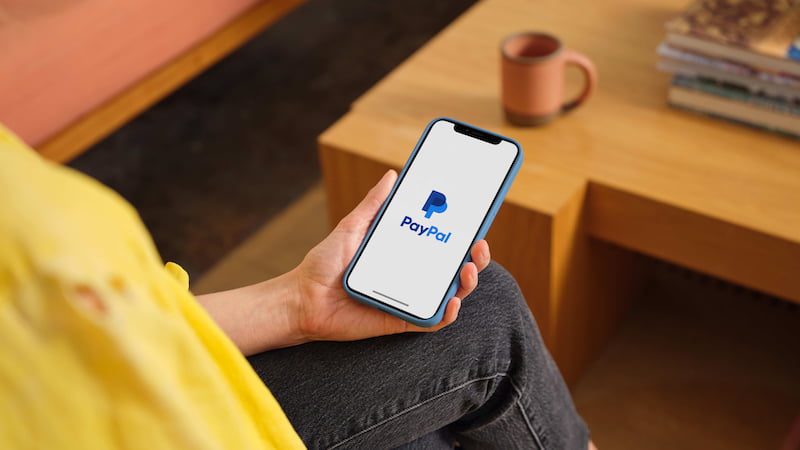
PayPal is now one of the most popular online payment services. But what data flows when you pay online with PayPal and Co.?
In Germany, PayPal is the most popular service provider for online payments. In 2023, Germans spent one in four euros on online shopping with PayPal. And the payment service is also successful worldwide.
In the first quarter of this year alone, the company generated sales of almost 7.7 billion US dollars. PayPal thus achieved an increase of a whopping nine percent compared to the same quarter last year.
But when you make a transaction with PayPal and other online services, not only does a lot of money flow, but a lot of personal data is also transferred along with it.
How much data flows through PayPal and Co.?
PayPal also makes money by sharing data. According to the provisions of Luxembourg banking law, the company must disclose to whom it shares its data. PayPal operates with a Luxembourg banking license.
The list of companies with which PayPal shares its data is quite long. It is 46 pages long and contains around 1,000 companies that receive data from the payment service.
The group divides these into different categories such as payment providers, credit agencies and anti-fraud services as well as financial products, business partnerships or marketing and public relations.
The countries of the respective partners are also listed. For example, user data flows to Great Britain, France, Australia or the USA.
But Russia and China can also be found in this overview. For example, LLC Havas Digital, the Russian subsidiary of a French advertising company, or Cheetah Mobile Inc. are listed here.
But well-known tech companies also receive data from PayPal for personalized advertising, including Twitter, Yahoo and Facebook.
What information does the company share?
The company must also disclose the type of data that PayPal passes on. This list is also quite long and extensive.
It ranges from the name, address and email address to the IDs of cookies, ads and devices. But the type of PayPal services used and other transaction information also flow from PayPal.
According to PayPal's privacy policy, the purpose of collecting personal data is, among other things, to protect users' accounts and “to protect them from fraud when using the services.”
The derived data may include, for example, behavioral patterns and personal preferences, browsing and purchasing habits, and your creditworthiness.
But that is of course not the only goal. According to its privacy policy, Paypal also creates profiles of its users. In addition to behavioral patterns, these also contain personal preferences or gender, income, surfing and purchasing habits and creditworthiness.
What about other payment services?
But PayPal is not alone in this approach. The popular payment services Visa and Mastercard are also involved in the data business.
Visa, for example, collects data for advertising purposes, among other things, according to its privacy policy. This includes data such as locations, but also biometric data.
Visa also creates larger data sets from other personal data in order to advise companies. However, the company does not specify what data this involves.
Mastercard has gone a step further and “bought up a few analytics companies,” as marketing chief Raja Rajamannar explains in an interview. This allows the payment service to analyze real-time data and “identify what works and what doesn't.”
Also interesting:
Source: https://www.basicthinking.de/blog/2024/07/10/paypal-daten/


